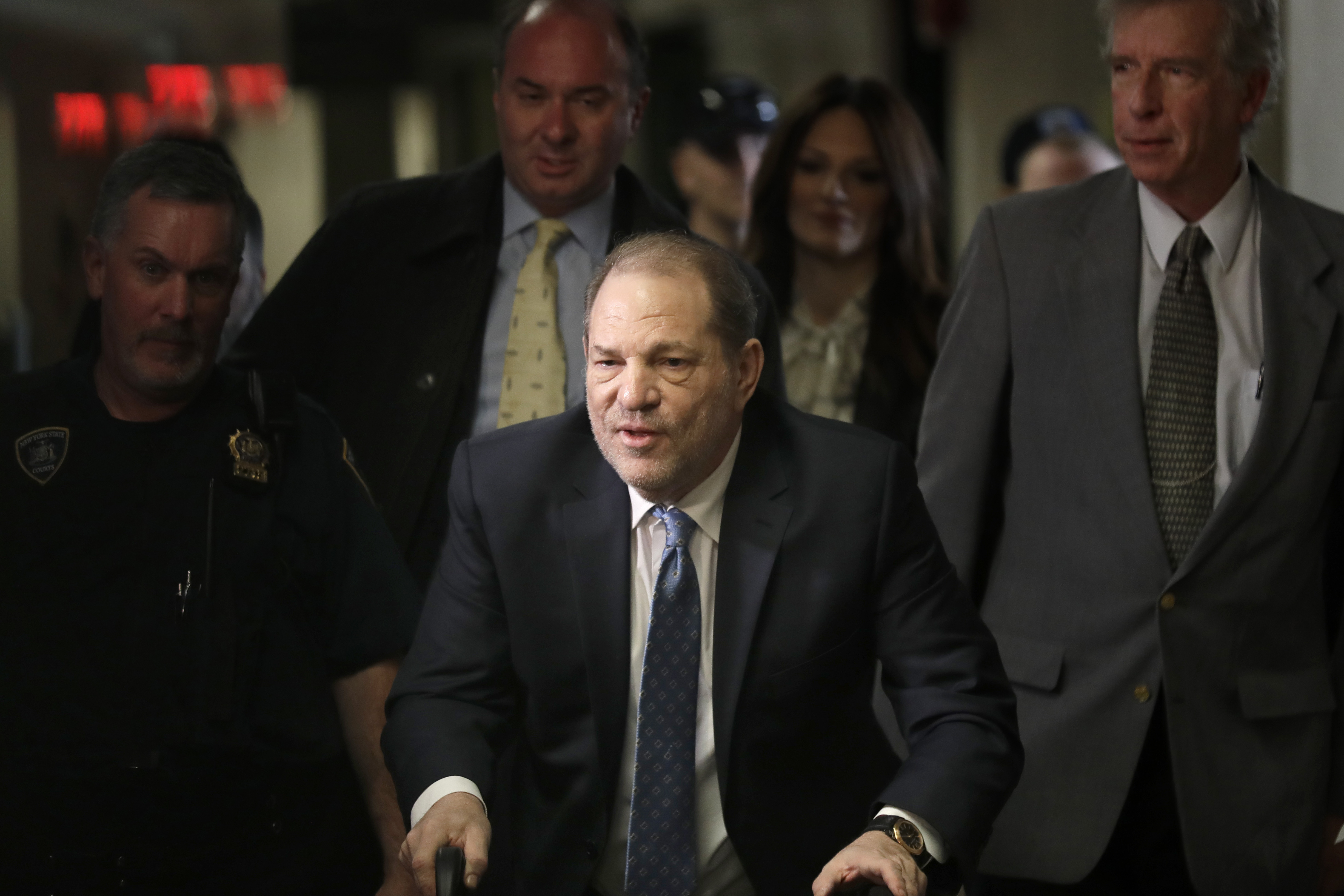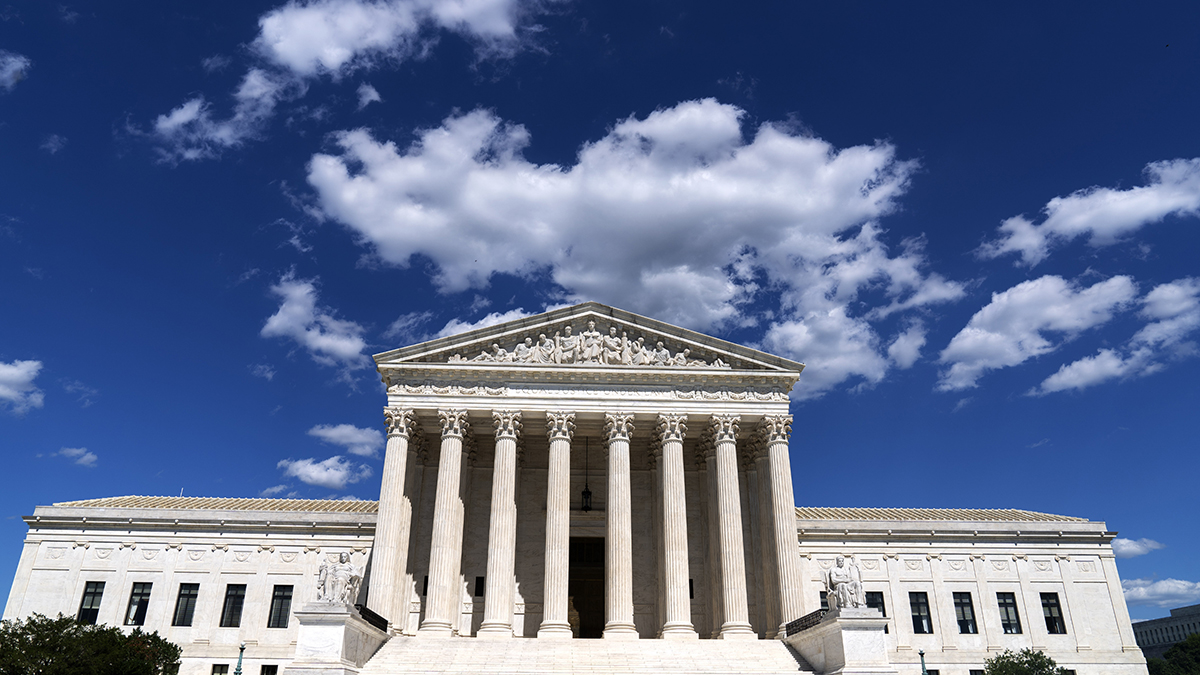The University of California says it investigated 113 cases of sexual misconduct at its 10 campuses over a three-year period prior to a series of scandals at UC Berkeley last year.
Details of the cases were released in hundreds of pages of documents because of a public records request made by The Associated Press and other media last April.
The 113 cases were filed against staff or faculty between Jan. 1, 2014 and April 6, 2016.
"These cases were investigated under old policies," UC said in a statement Tuesday. "In the past two years, the university has taken drastic steps systemwide to significantly change and improve the way cases are handled."
The UC said about 58 percent of the cases came from complaints by staff members, while 35 percent were from student complaints. It said 7 percent of the cases involved sexual assault.
UC Berkeley grad student Brad Bailey said 113 is 113 too many.
“You have people who entrust these campuses with their children and their lives," he said. "It’s important that they get to the bottom of it."
U.S. & World
UC Berkeley faced criticism last year for its handling of a string of sexual harassment cases.
The UC said it has made several changes in policy over the past year, including:
- Issuing a new systemwide policy prohibiting sexual harassment and sexual violence.
- Implementing mandatory systemwide education and training for faculty, staff and students.
- Enhancing resources for complainants and respondents.
- Creating a systemwide website for access to campus resources and important information.
- Implementing a systemwide framework for investigations, adjudications and sanctions in student cases of sexual violence.
- Creating a systemwide peer review committee responsible to assess and approve all sanctions that involve a “senior university leader.” These leaders include chancellors, vice chancellors, sports coaches and deans.
Former Cal student Sofie Karasek, who co-founded End Rape on Campus, said the policies still don't go far enough.
"I think they are doing the bare minimum so they can get away with telling people they are doing something," Karasek said. "You still have ultimately the institution trying to protect its reputation over the safety of their students."
NBC Bay Area's Cheryl Hurd contributed to this report.



